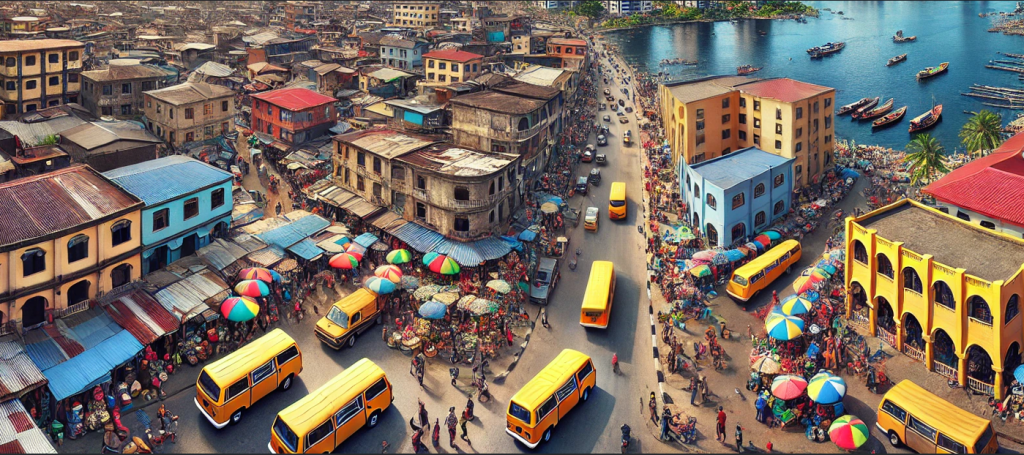
In bustling Lagos, danger doesn’t always announce itself with sirens or screams. Some of the most life-threatening risks are hidden in plain sight .
Here are seven silent killers quietly endangering lives in some of the city’s neighbourhoods.
1. Generator Fumes (Carbon Monoxide Poisoning)
With constant power outages, generators have become a lifeline. But they also come with a deadly price: carbon monoxide poisoning. Often used in enclosed spaces or poorly ventilated areas, generators emit an odourless, colourless gas that can cause death within minutes.
The World Health Organization (WHO) warns that “Carbon monoxide exposure is still one of the leading causes of unintentional and suicidal poisonings, and causes a large number of deaths annually.”
In Nigeria, the Nigerian Medical Association (NMA) has repeatedly issued warnings after a string of tragic overnight deaths linked to indoor generator use.
2. Water Contamination
Many Lagos households rely on boreholes, wells, or sachet water — often contaminated due to proximity to sewage lines or poor sanitation.
According to the United Nations Children’s Fund (UNICEF), waterborne diseases like cholera, typhoid, and dysentery remain a leading cause of child mortality in Nigeria, especially in urban slums.
3. Agbo (Herbal Mixtures)
Locally brewed herbal concoctions, popularly called agbo, are widely consumed for ailments ranging from malaria to infertility. While culturally rooted, many mixtures are unregulated, with unknown dosages and possible contaminants.
The National Agency for Food and Drug Administration and Control (NAFDAC) has repeatedly cautioned the public, stating that “the mixtures lack storage standards and might be coming from a non-credible source”
Without proper labeling or clinical testing, agbo remains a potentially lethal gamble.
4. Illegal Roadside Cooking
It’s common to find roadside vendors cooking with open flames near petrol stations, drains, or wooden kiosks. Aside from the obvious fire hazard, these setups often use improperly stored LPG cylinders or charcoal, releasing harmful gases like carbon monoxide and sulphur dioxide.
5. Mosquito Breeding Grounds
Blocked gutters, stagnant puddles, and uncovered water containers make perfect breeding grounds for anopheles mosquitoes, which spread malaria, a top killer in Nigeria.
According to the World Malaria Report 2024, Nigeria accounts for 31 percent of global malaria deaths and 27 percent of total cases worldwide.
Despite the availability of nets and preventive treatment, local habits often override public health efforts.
6. Open Manholes
Missing or broken manhole covers are a common sight across Lagos. Often hidden by rainwater or poor lighting, they become death traps for unsuspecting pedestrians, especially at night.
The Lagos Public Works Corporation have acknowledged that open manholes have caused countless injuries and even fatalities, particularly during the rainy season. In many cases, the covers are stolen and sold for scrap.
7. Dilapidated Buildings
With rising population and housing demand, many Lagosians live in structures that are visibly unfit for habitation. Cracked walls, rusted reinforcements, and poor drainage compromise building integrity.
According to the Building Collapse Prevention Guild (BCPG), Nigeria witnessed 1,595 deaths in 640 reported incidents of building collapse between October 1974 and January 9, 2025, with Lagos accounting for 55.15 per cent of the incidents.
Yet many tenants continue to live in these structures due to lack of alternatives and weak enforcement by local authorities.
Vanguard News
The post 7 silent killers you’ll find in almost every Lagos neighbourhood appeared first on Vanguard News.